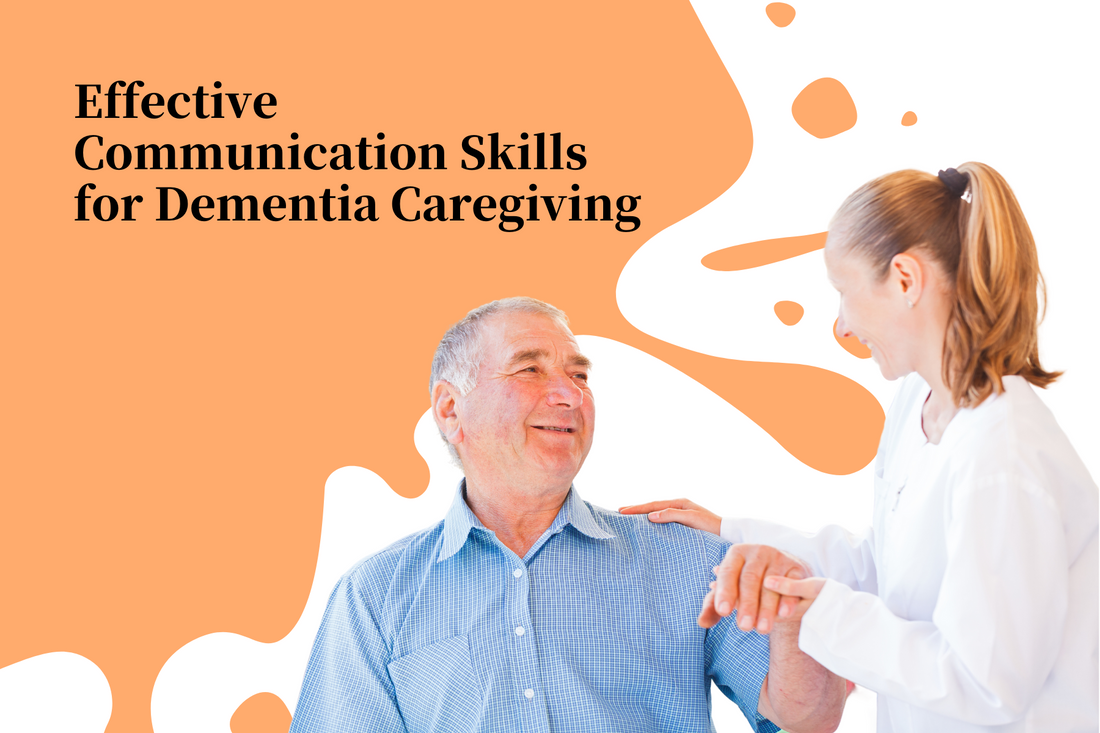Effective Communication Skills for Dementia Caregiving
Communication is the golden key to enhance the relationship between caregivers and the elderly with dementia. Effective communication is the key to maintaining the quality of care. Therefore, to do a good job in the care of the elderly with dementia, it is necessary to master some special communication skills.
1. Never argue, as you will never win an argument with an elderly person with dementia. Follow the trend.
2. Use closed questions to avoid overwhelming the patient with open questions. However, be careful not to give too many selective questions every day, so as not to put pressure on the elderly.
3. Simplify the use of language. Use simple words or sentences, speak slowly and clearly, ask one question at a time, and wait patiently for an answer.
4. Repeat reminders for the content that needs to be remembered by the elderly. Improve your patience and accept the fact that the elderly have a bad memory.
5. Use non-verbal communication, such as touching, smiling, etc., to promote effective communication, maintain good eye contact, convey concern, and willingness to listen.
6. Be a good listener. Respect the elderly with dementia and accept all kinds of emotions and ideas expressed by them. Enhance the sense of trust with the elderly with dementia through listening and identifying after listening to facilitate better care delivery.
7. Lower expectations. Allow old people to express themselves unclearly. Accept the illogical speech content of the elderly.
8. Learn to guess. Do not complain about the elderly's incompetence when they cannot express themselves clearly. Instead, try to guess what they want to express through an understanding of their daily life and personality.
9. Retain a sense of control over their lives. Give patients an independent opportunity to answer their own choices and encourage them to participate. For example, prepare two sets of clothing for the patient to choose from and arrange them in the order of dressing to reduce the difficulty for the patient to complete the task.
10. Do not test their memory, as this will aggravate their depression.
11. Avoid talking about sentimental topics, such as the deceased relatives of the elderly.
In summary, adopting a series of special and effective communication skills for the elderly with dementia will help obtain good nursing effects and improve service quality. I hope this information is helpful to you.


